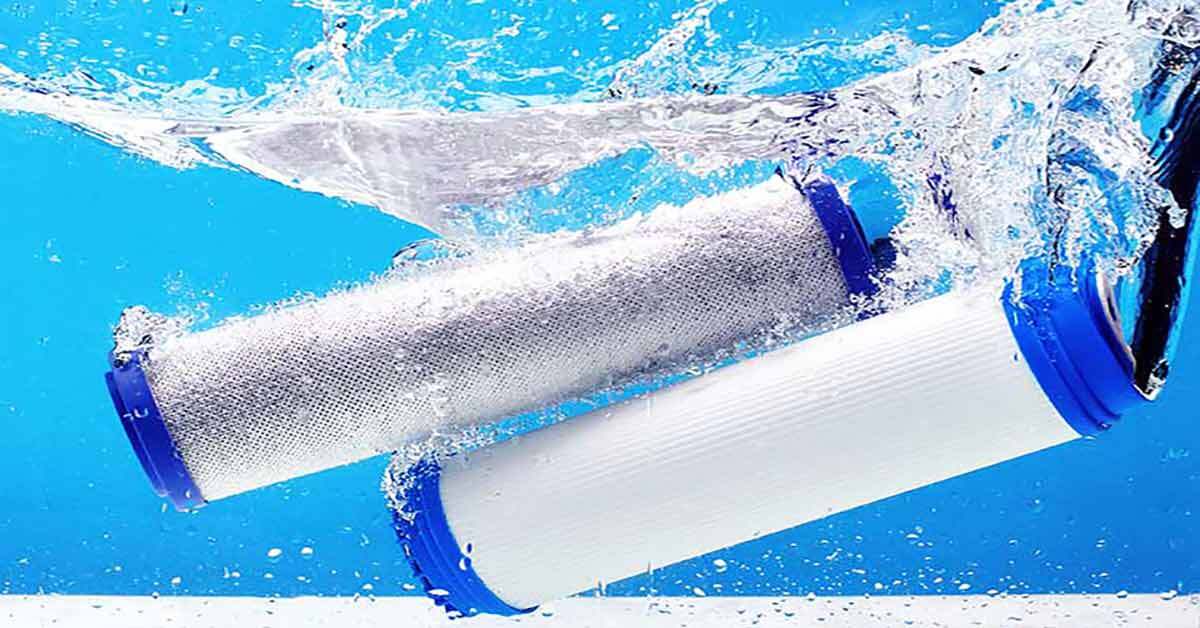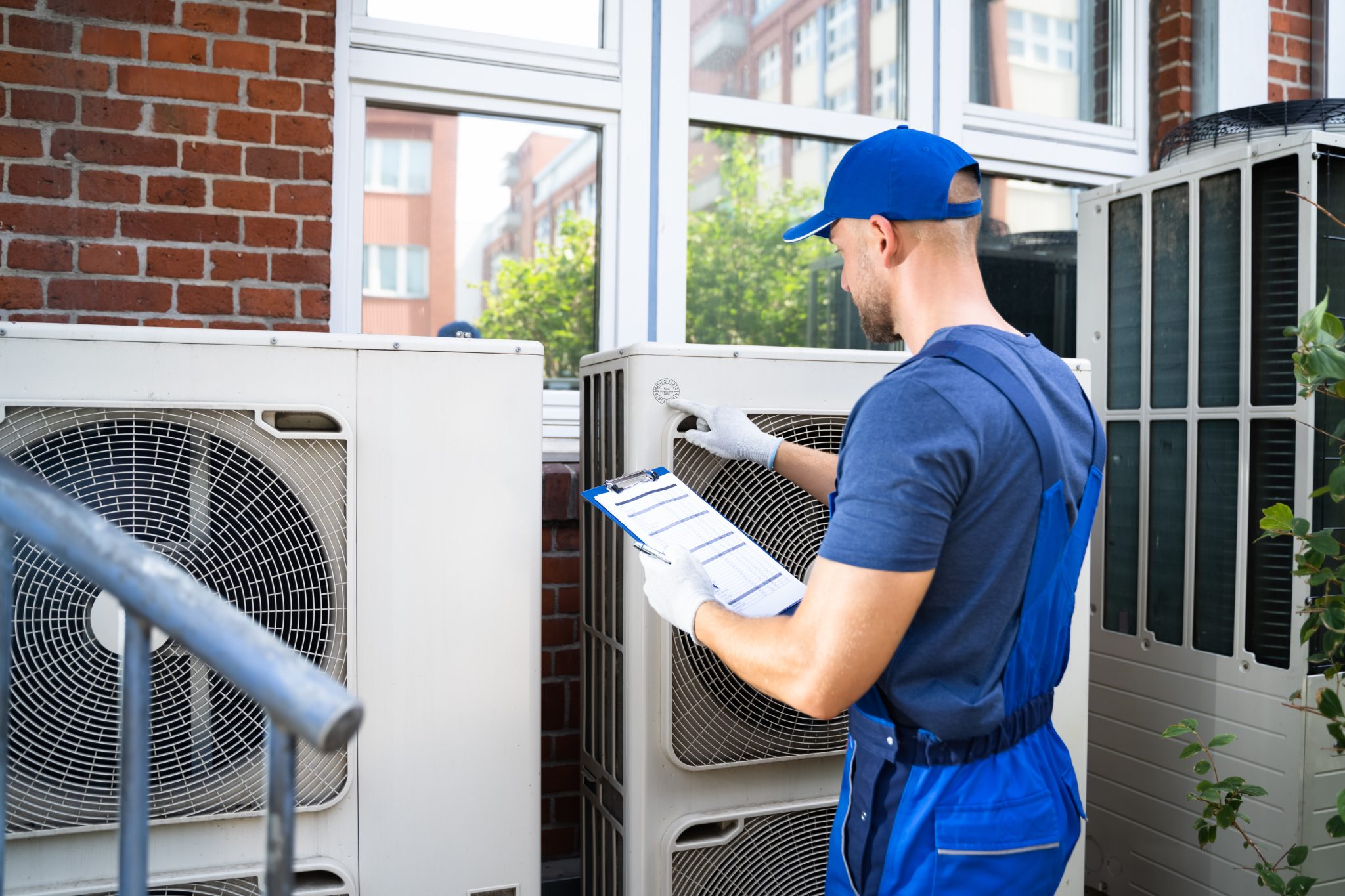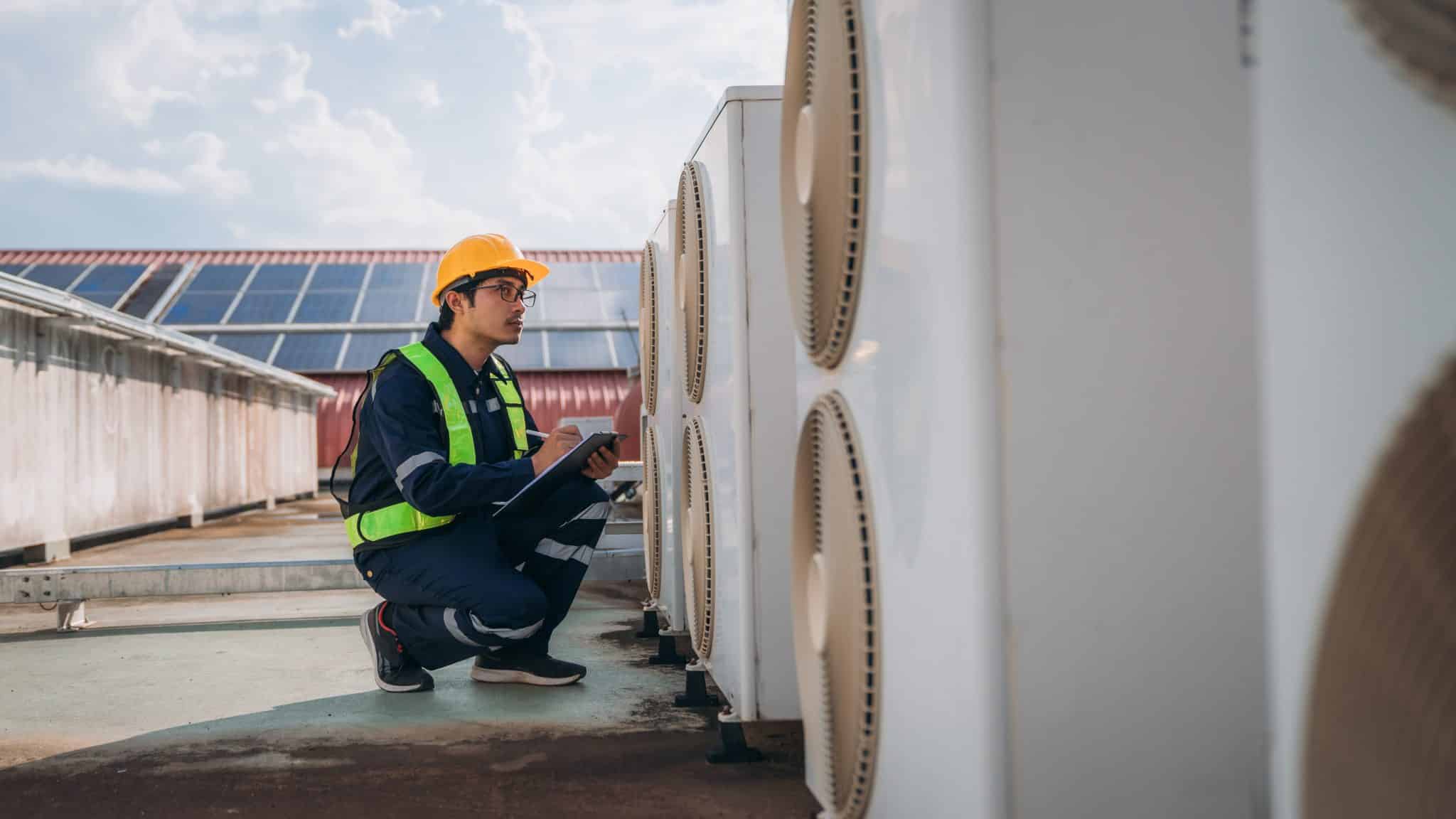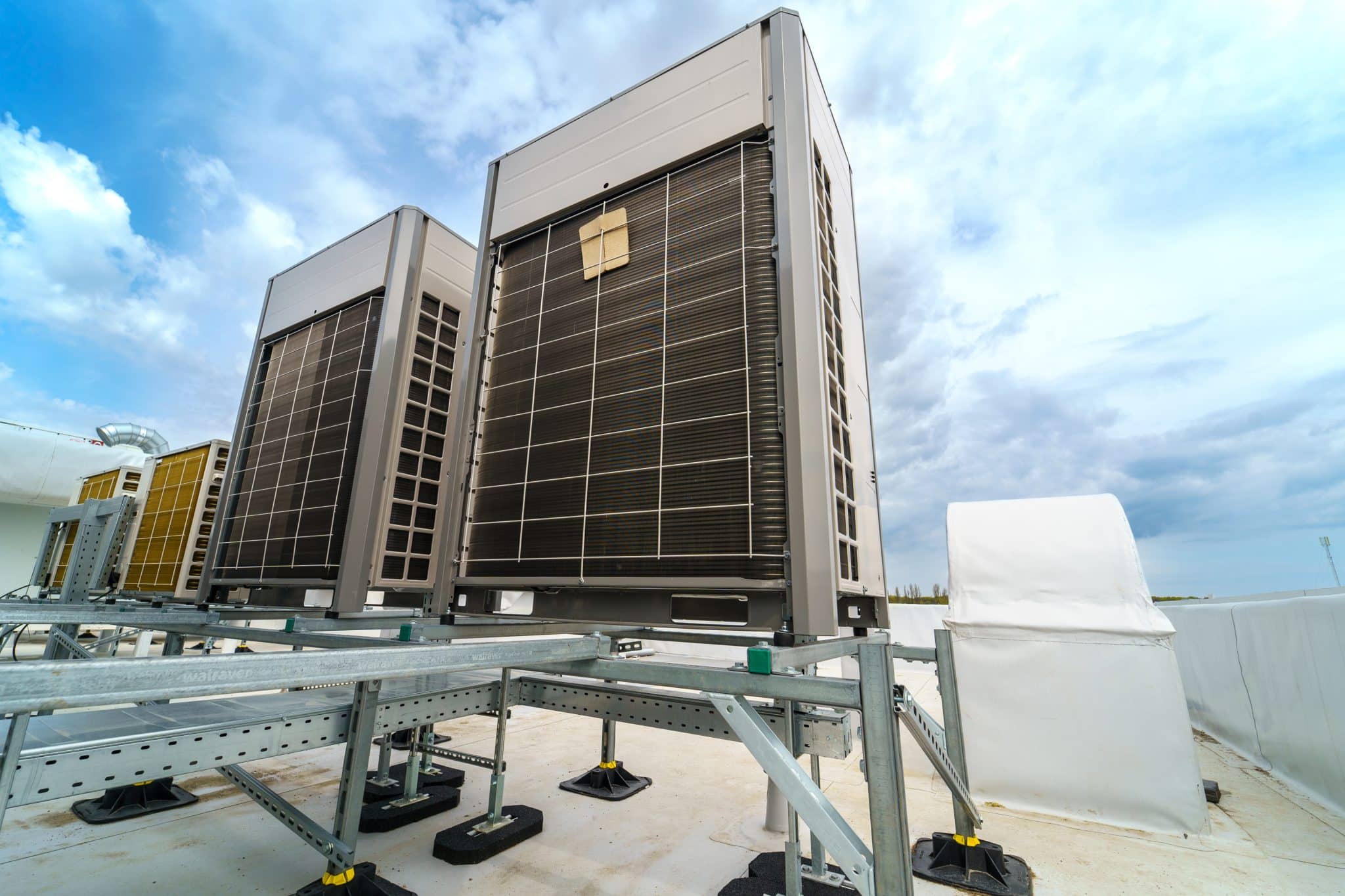Water filtration is used in nearly all commercial and industrial applications. It’s a vital step of the operational processes of grocery stores, pharmaceutical companies, restaurants, hotels and many other businesses. From food preparation to drinking water, the water filtration system in your business keeps you and your customers safe from harmful contaminants. Central Florida Store Services will run you through how a commercial water filtration system typically works.
The History of Water Filtration Systems
Water filtration systems have been around as early as ancient Egypt. Those were typically comprised of gravel and sand and used boiling water. Over the years, many scientists developed new ways to rid impurities from water, including the Hippocratic Sleeve in 370 BC, the desalination process made famous by Sir Frances Bacon, and water softening in 1903. As civilization progressed, scientists identified the importance of clean water for the safety of citizens. Drinking standards were created in 1914, and, in 1974, the Safe Water Act was passed, making safe drinking water a ‘right’ in the United States.
Types of Commercial Water Filters
Activated Carbon Filters
Also known as charcoal filters, activated carbon filters remove contaminants from tap water by using activated charcoal. Activated charcoal uses oxygen to open up small pores between carbon atoms, which are then used to absorb contaminants as water is passed through it.
Carbonless Filters
Instead of carbon, or charcoal, carbonless filters use chlorine and monochloramine to filter out water contaminants. The added benefit of a carbonless filter is that it protects ice machines and other equipment from scale damage when deposits of calcium carbonate and other deposits form in your refrigeration or HVAC systems. Scale damage can lead to much higher energy and maintenance costs for your equipment.
Reverse Osmosis
Reverse Osmosis purifies water by filtering out residue, chlorine and other impurities using a semipermeable membrane. The filter puts pressure on the water molecules to force out only clean water, leaving contaminants behind in the filter.
With the current economic and social climate, maintaining clean and safe water conditions in your business is vital.
Water Disinfection
Once the water passes through the filter of choice, the next step is to disinfect the water. Filters get the vast majority of contaminants out of the water, but sometimes harmful pathogens and viruses could make it through. Disinfection causes the cell walls of microorganisms like bacteria to corrode, rendering them unable to multiply through the distribution process. Some systems utilize a second disinfectant step to ensure a clean transition to the refrigeration step.
Water Refrigeration
The final step is for your water to go to a repository where it can be refrigerated for consumption or use. It’s important to assure that your commercial water filtration system utilizes stainless steel to ensure pure and cool water. Stainless steel is BPA free and completely safe.
With the current economic and social climate, maintaining clean and safe water conditions in your business is vital. Customers and employees alike need, and are entitled to, clean water to drink and perform daily activities. If your business wants to reassess the state of your commercial water filtration system, contact Central Florida Store Services for all your water filtration and facility maintenance needs.





